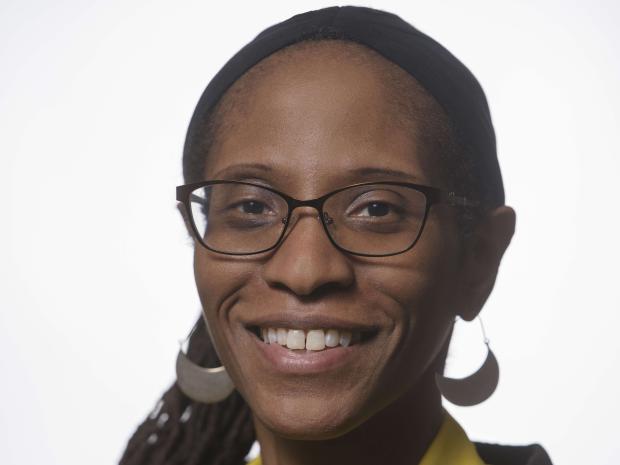In Search of Community-Based Solutions to Transportation Challenges among Historically-Excluded and Transportation-Scarce Communities

With Tawanna Dillahunt, University of Michigan
Abstract
Advances in Information and Communication Technologies (ICTs) present exciting opportunities for addressing transportation challenges (e.g., poor service availability, reliability, and quality, and infrastructure access). However, millions of low-income Americans do not share these benefits equally according to past research. In this presentation, I will discuss the results of several investigations that show how low-income and transportation-scarce Detroiters perceive and experience technological innovations in transportation such as real-time ridesharing services and online grocery delivery. The results of these investigations surface the challenges of deploying such systems in underserved areas and broader issues like the digital divide that exclude populations facing financial constraints. In this presentation, I will discuss policy and design principles that could lead to new transportation models that focus on socio-technical integration with community capabilities and resources. This presentation concludes with a discussion of opportunities to imagine and assess future community-based solutions to transportation challenges in the context of employment and health.
Bio
Tawanna Dillahunt is an Associate Professor at the University of Michigan’s School of Information and holds a courtesy appointment with the Electrical Engineering and Computer Science Department. She leads the Social Innovations Group (SIG), an interdisciplinary group of individuals whose vision is to design, build, and enhance technologies to solve real-world problems affecting marginalized groups and individuals primarily in the U.S. Her current projects aim to address unemployment, environmental sustainability, and technical literacy by fostering social and socio-technical capital within these communities.
Tawanna holds an M.S. and Ph.D. in Human-Computer Interaction from Carnegie Mellon University, an M.S. in Computer Science from the Oregon Health and Science University, and a B.S. in Computer Engineering from North Carolina State University. She was also a software engineer for several years in Intel Corporation’s Desktop Board and LAN Access Divisions.

